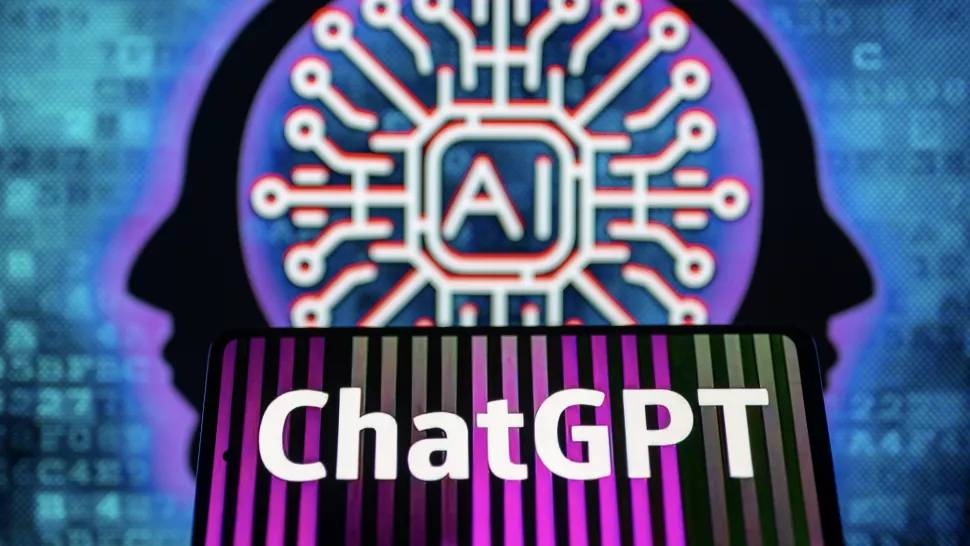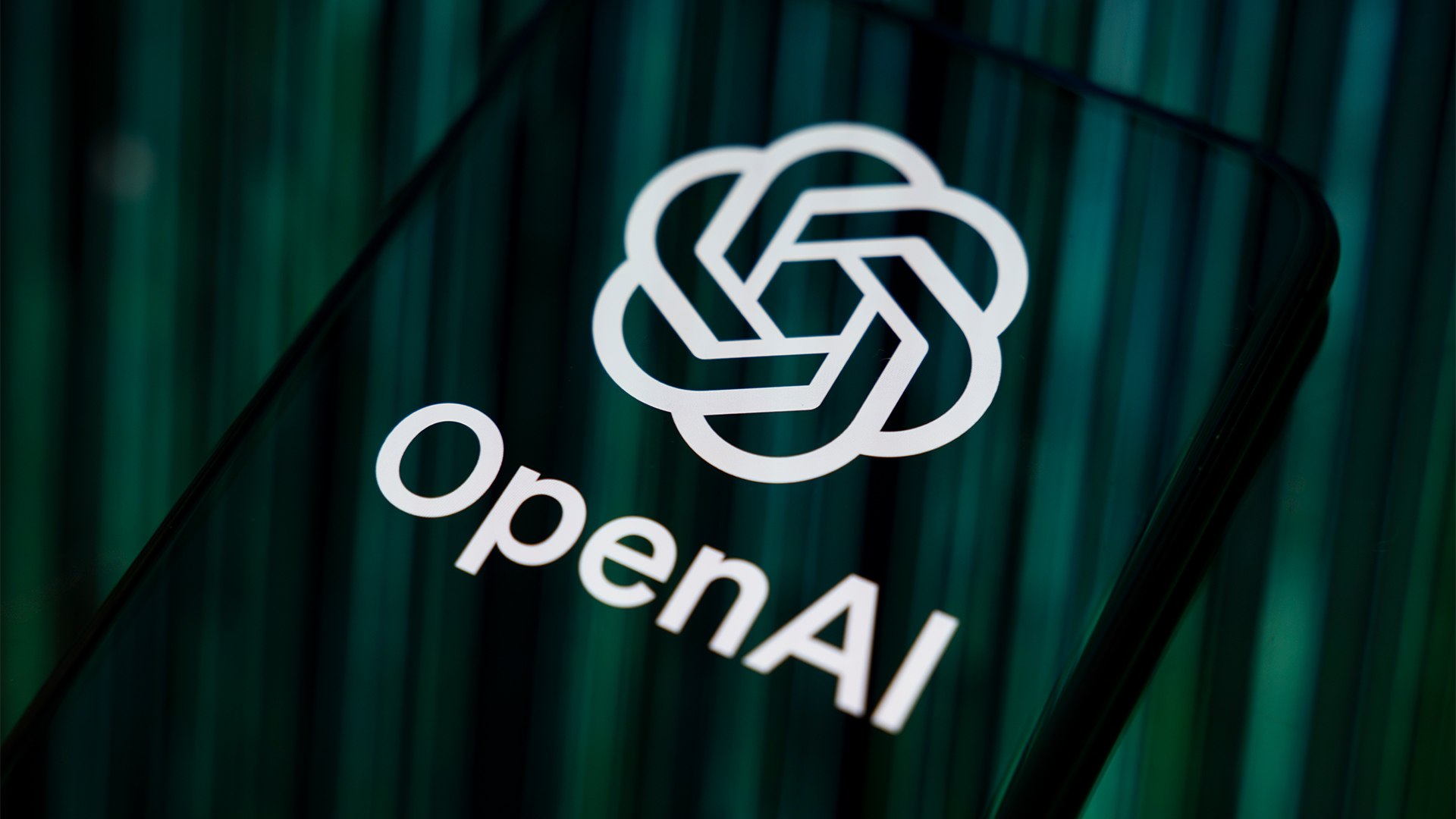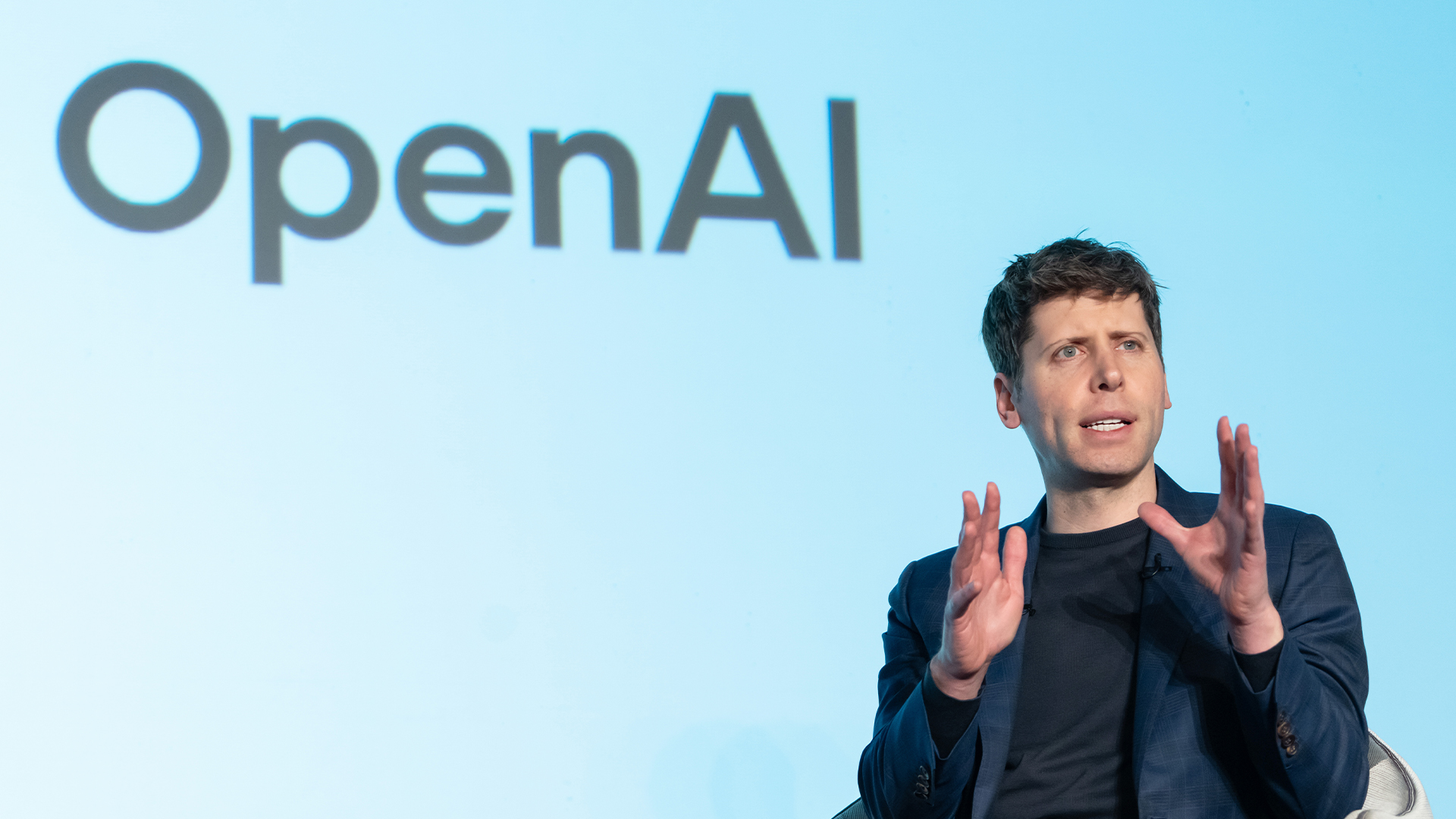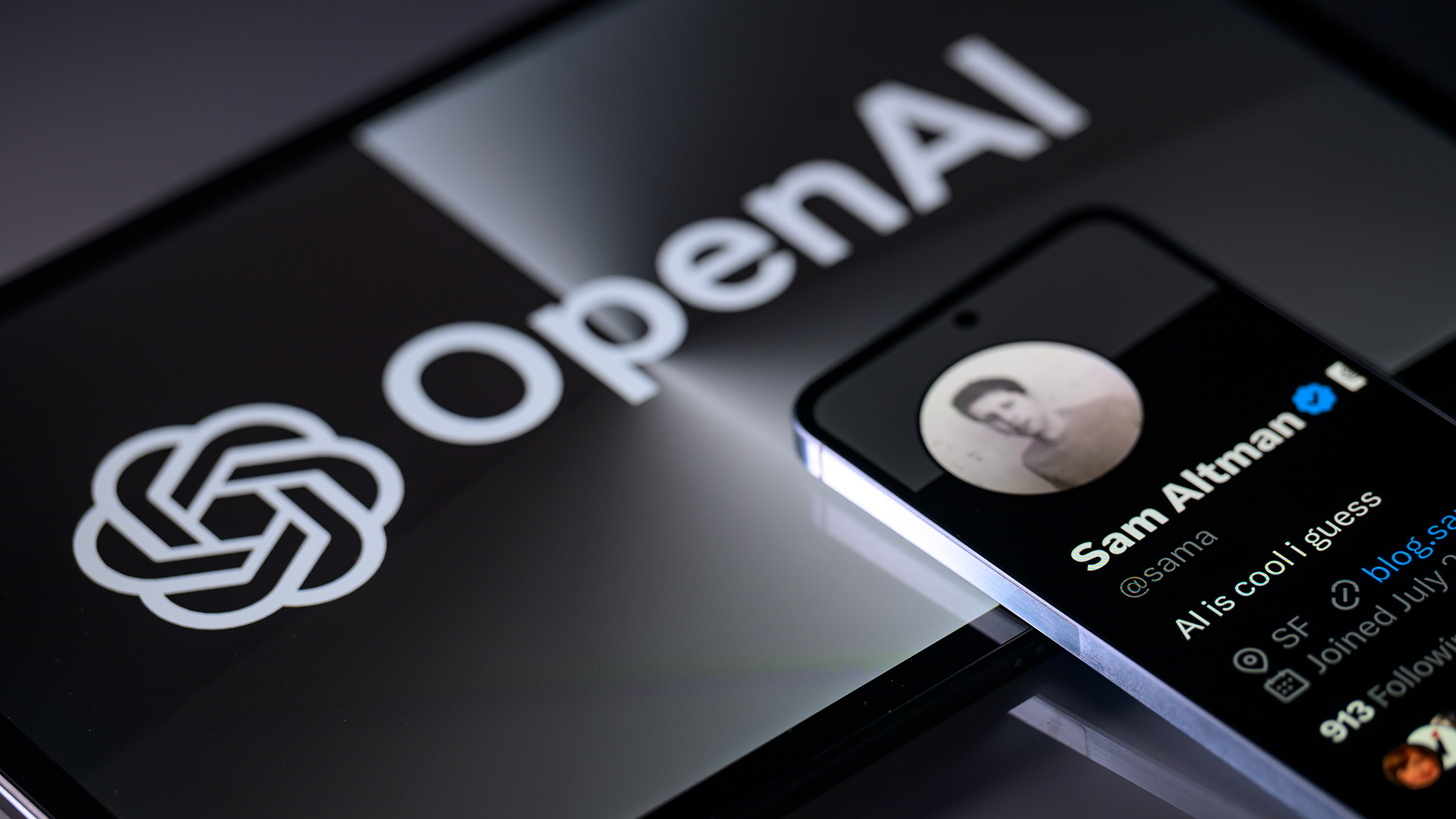Meta just released its answer to GitHub Copilot, and it’s free
Meta's specialized programming LLM can be run on a single GPU


Meta has officially released Code Llama, a new open-source LLM for code completion, generation, and testing, that can be run on local hardware and compete with ChatGPT.
The model is available for free for both research and commercial use, and comes in a number of variations to best suit user needs. It can produce or complete lines of code in languages such as Python, C++, Java, and Bash.
Code Llama is a specialized version of Meta’s free LLM Llama 2, and was created by subjecting Llama 2 to additional training based on 500 billion tokens of code and programming data.
The model comes in three different parameter sizes: 7-billion (7B), 13-billion (13B) and 34-billion (34B).
Meta stated that while the 34B model is the most accurate, the 7B and 13B models operate faster and can be more beneficial for low-latency demands such as real-time code completion.
Code Llama 34B scored 48.8% accuracy on HumanEval, a benchmarking dataset made by OpenAI to run AI models through programming challenges, better than the 30.5% achieved by the base model Llama 2 and a slight improvement on the 48.1% scored by OpenAI’s GPT-3.5 model, which is the backbone for ChatGPT.
More on LLMs
All models still fell short of OpenAI’s multimodal GPT-4, which can generate code in a wide range of programming languages and is the base model for Microsoft’s advanced code AI programming assistant Copilot X.
Sign up today and you will receive a free copy of our Future Focus 2025 report - the leading guidance on AI, cybersecurity and other IT challenges as per 700+ senior executives
In addition to the variety of Code Llama model sizes, Meta released two fine-tuned models titled ‘Code Llama — Python’ and ‘Code Llama — Instruct’.
The former was subjected to additional training based on a vast dataset of 100 billion Python-specific tokens, to ensure that it is especially accurate at generating code in the language.
Meta stated it was created because Python is among the most used languages within the AI community, has been heavily benchmarked to date, and is the basis for the open-source machine learning framework (ML) Pytorch.
Llama — Instruct has been trained on 5 billion tokens to fine-tune it for natural language input, and is the model that Meta recommended for users wishing to generate answers or code based on questions in plaintext as one would with a tool like ChatGPT.
While the generalist Llama 2 can be used in a similar fashion, it is not as accurate with its code responses as it has not been subjected to the same fine-tuning steps as Code Llama.
The 7B model can also be run on a single graphics processing unit (GPU), though Meta did not specify the minimum hardware requirements for achieving this.
Software engineer Anton Bacaj posted a video in which Code Llama was able to process code generation at a rate of 49ms per token, running on four Nvidia 3090 GPUs.
Code llama 34B on 4x3090s, 49ms~ per token pic.twitter.com/5A3bOdGe6KAugust 25, 2023
This could prove beneficial for programmers who wish to use the model for generating, testing, or completing code based on sensitive data or proprietary information.
Although this will require up-front investment in hardware, smaller businesses may weigh up these costs against subscriptions for services such as ChatGPT Plus or Copilot X.
The cost of keeping data local may also be seen as necessary versus the ‘black hole’ of oversight for code passed to companies like Google and OpenAI.
Meta has not stated the origins of some of the data used to train Llama 2, which could open firms up to legal action under legislation such as the EU’s AI Act if they are later found to have generated code based on copyrighted data.
Llama 2’s predecessor LLaMA was leaked online in March 2023, and some hackers called for it to be stored on Bitcoin for anonymous, easy access. Some experts had expressed concerns that in the wrong hands, LLaMA could be used to boost cyber crime.
RELATED RESOURCE

Driving disruptive value with Generative AI
This free webinar explains how businesses are leveraging AI responsibly and at scale
DOWNLOAD FOR FREE
Unlike LLaMA, Llama 2 and Code Llama are freely available outside of academia. Meta stated that Code Llama has been put through additional testing to iron out malicious outputs.
“As with all cutting edge technology, Code Llama comes with risks. Building AI models responsibly is crucial, and we undertook numerous safety measures before releasing Code Llama,” the firm stated.
“As part of our red teaming efforts, we ran a quantitative evaluation of Code Llama’s risk of generating malicious code. We created prompts that attempted to solicit malicious code with clear intent and scored Code Llama’s responses to those prompts against ChatGPT’s (GPT3.5 Turbo). Our results found that Code Llama answered with safer responses.”
In addition to overtly malicious outputs, Code Llama will be judged on the day-to-day usefulness of its code generation and debugging.
ChatGPT was recently found to give incorrect answers to programming questions more than 50% of the time.

Rory Bathgate is Features and Multimedia Editor at ITPro, overseeing all in-depth content and case studies. He can also be found co-hosting the ITPro Podcast with Jane McCallion, swapping a keyboard for a microphone to discuss the latest learnings with thought leaders from across the tech sector.
In his free time, Rory enjoys photography, video editing, and good science fiction. After graduating from the University of Kent with a BA in English and American Literature, Rory undertook an MA in Eighteenth-Century Studies at King’s College London. He joined ITPro in 2022 as a graduate, following four years in student journalism. You can contact Rory at rory.bathgate@futurenet.com or on LinkedIn.
-
 Microsoft unveils Maia 200 accelerator, claiming better performance per dollar than Amazon and Google
Microsoft unveils Maia 200 accelerator, claiming better performance per dollar than Amazon and GoogleNews The launch of Microsoft’s second-generation silicon solidifies its mission to scale AI workloads and directly control more of its infrastructure
-
 Infosys expands Swiss footprint with new Zurich office
Infosys expands Swiss footprint with new Zurich officeNews The firm has relocated its Swiss headquarters to support partners delivering AI-led digital transformation
-
 DeepSeek rocked Silicon Valley in January 2025 – one year on it looks set to shake things up again with a powerful new model release
DeepSeek rocked Silicon Valley in January 2025 – one year on it looks set to shake things up again with a powerful new model releaseAnalysis The Chinese AI company sent Silicon Valley into meltdown last year and it could rock the boat again with an upcoming model
-
 OpenAI says prompt injection attacks are a serious threat for AI browsers – and it’s a problem that’s ‘unlikely to ever be fully solved'
OpenAI says prompt injection attacks are a serious threat for AI browsers – and it’s a problem that’s ‘unlikely to ever be fully solved'News OpenAI details efforts to protect ChatGPT Atlas against prompt injection attacks
-
 OpenAI says GPT-5.2-Codex is its ‘most advanced agentic coding model yet’ – here’s what developers and cyber teams can expect
OpenAI says GPT-5.2-Codex is its ‘most advanced agentic coding model yet’ – here’s what developers and cyber teams can expectNews GPT-5.2 Codex is available immediately for paid ChatGPT users and API access will be rolled out in “coming weeks”
-
 OpenAI turns to red teamers to prevent malicious ChatGPT use as company warns future models could pose 'high' security risk
OpenAI turns to red teamers to prevent malicious ChatGPT use as company warns future models could pose 'high' security riskNews The ChatGPT maker wants to keep defenders ahead of attackers when it comes to AI security tools
-
 Some of the most popular open weight AI models show ‘profound susceptibility’ to jailbreak techniques
Some of the most popular open weight AI models show ‘profound susceptibility’ to jailbreak techniquesNews Open weight AI models from Meta, OpenAI, Google, and Mistral all showed serious flaws
-
 'It's slop': OpenAI co-founder Andrej Karpathy pours cold water on agentic AI hype – so your jobs are safe, at least for now
'It's slop': OpenAI co-founder Andrej Karpathy pours cold water on agentic AI hype – so your jobs are safe, at least for nowNews Despite the hype surrounding agentic AI, OpenAI co-founder Andrej Karpathy isn't convinced and says there's still a long way to go until the tech delivers real benefits.
-
 OpenAI signs another chip deal, this time with AMD
OpenAI signs another chip deal, this time with AMDnews AMD deal is worth billions, and follows a similar partnership with Nvidia last month
-
 OpenAI signs series of AI data center deals with Samsung
OpenAI signs series of AI data center deals with SamsungNews As part of its Stargate initiative, the firm plans to ramp up its chip purchases and build new data centers in Korea
